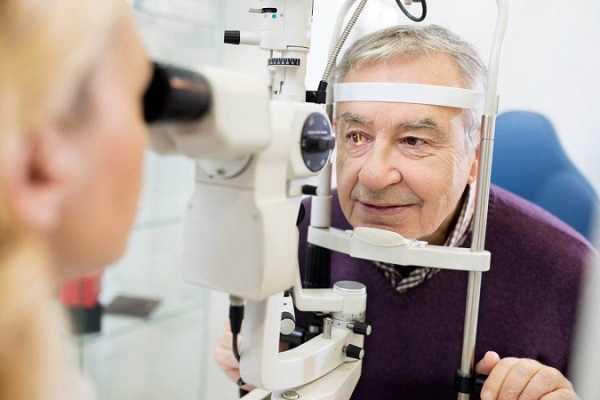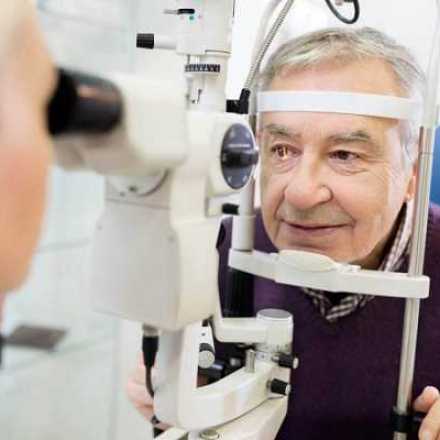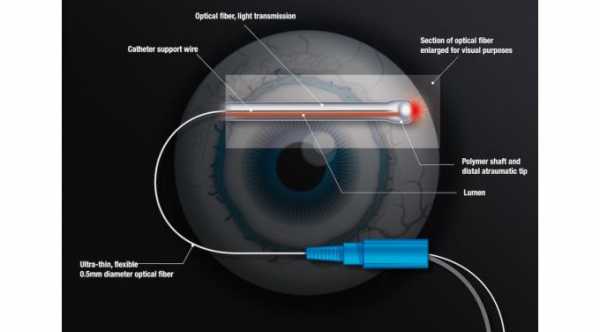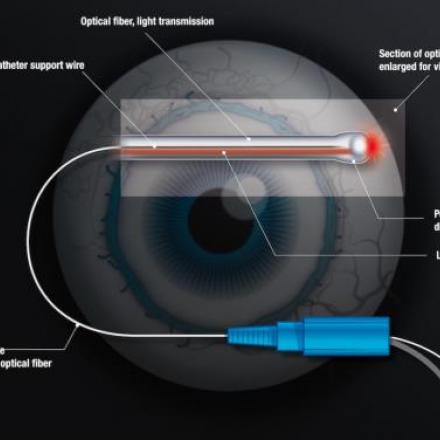
Correlation between Oral Contraceptives and Glaucoma
Study Shows Women Who Take Oral Contraceptives for long term are Twice as Likely as to Develop glaucoma as Women who Don’t.
It may come as a surprise that women who use oral contraceptives pills for long term are twice as likely to develop glaucoma as women who don’t. The reasoning behind why this occurs is not fully understood, but according to a study of female patients between 2005-2008, the risk factors for glaucoma are greatly increased after long term contraceptive use. These results were presented at the 117th Annual Meeting of the American Academy of Ophthalmology in New Orleans in 2013.
Factors That Contribute to The Increase in the Risk of Developing Glaucoma
The parameters of the study, which included 3,406 women, age 40 and older, concluded that women who had taken any brand of oral contraceptive, for 3 or more years, were twice as likely to develop glaucoma over the course of their lifetime.
Researchers, and doctors alike, have yet to come up with a definitive reason behind why the use of oral contraceptives increase the chances of developing glaucoma, but there has been a positive correlation between the two, shown through research and studies of women across the US.
Other factors that come into play are race and ethnicity, family history or patients with already high intraocular pressure.
There will definitely be more research done on this subject, as the results are inconclusive as to the actual reason for the positive correlation between oral contraceptives and glaucoma development.
One theory is that the additional estrogen that these women are taking could be the culprit. This assumption comes from previous studies showed that estrogen could play a significant role in the pathogenesis of glaucoma in women.
Until researchers come to a solid conclusion as to why oral contraceptives increase glaucoma risks and what can be done to avoid this development, women who take or have taken oral contraceptives for 3 years or longer should keep regular appointments with their ophthalmologist for nerve fiber analysis testing, visual field testing, monitoring of their cup to disc ratio and measuring the intraocular pressure.
The standard for recurring visits among patients labeled as “glaucoma suspects” is every 6 months.









